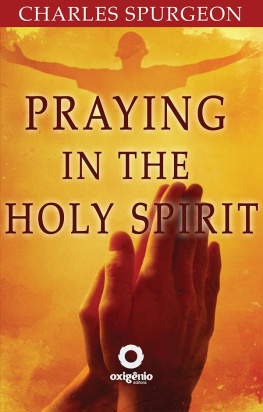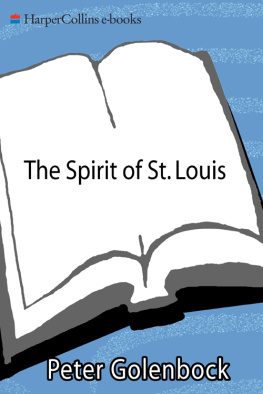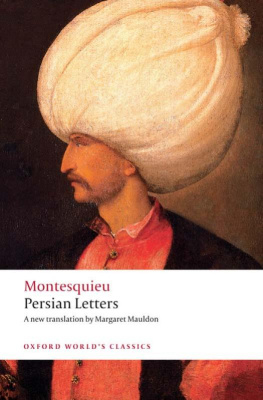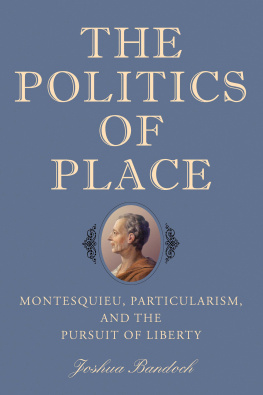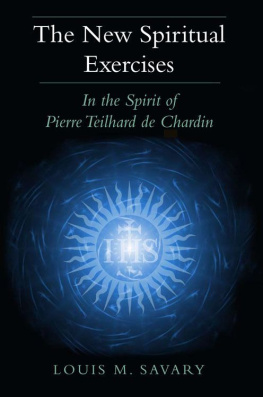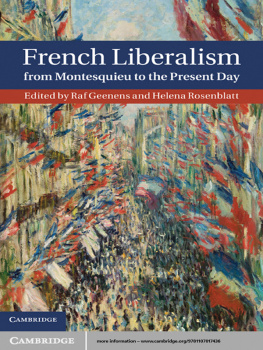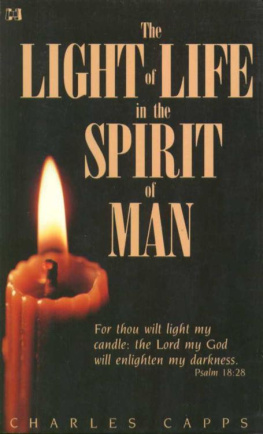Charles-Louis Montesquieu - The Spirit of the Laws
Here you can read online Charles-Louis Montesquieu - The Spirit of the Laws full text of the book (entire story) in english for free. Download pdf and epub, get meaning, cover and reviews about this ebook. year: 0, genre: Religion. Description of the work, (preface) as well as reviews are available. Best literature library LitArk.com created for fans of good reading and offers a wide selection of genres:
Romance novel
Science fiction
Adventure
Detective
Science
History
Home and family
Prose
Art
Politics
Computer
Non-fiction
Religion
Business
Children
Humor
Choose a favorite category and find really read worthwhile books. Enjoy immersion in the world of imagination, feel the emotions of the characters or learn something new for yourself, make an fascinating discovery.

- Book:The Spirit of the Laws
- Author:
- Genre:
- Year:0
- Rating:4 / 5
- Favourites:Add to favourites
- Your mark:
- 80
- 1
- 2
- 3
- 4
- 5
The Spirit of the Laws: summary, description and annotation
We offer to read an annotation, description, summary or preface (depends on what the author of the book "The Spirit of the Laws" wrote himself). If you haven't found the necessary information about the book — write in the comments, we will try to find it.
The Spirit of the Laws — read online for free the complete book (whole text) full work
Below is the text of the book, divided by pages. System saving the place of the last page read, allows you to conveniently read the book "The Spirit of the Laws" online for free, without having to search again every time where you left off. Put a bookmark, and you can go to the page where you finished reading at any time.
Font size:
Interval:
Bookmark:
CAMBRIDGE TEXTS IN THE
HISTORY OF POLITICAL THOUGHT

MONTESQUIEU
The Spirit of the Laws
CAMBRIDGE TEXTS IN THE
HISTORY OF POLITICAL THOUGHT
Series editors
RAYMOND GEUSS
Professor of Philosophy, University of Cambridge
QUENTIN SKINNER
Professor of the Humanities, Queen Mary, University of London
Cambridge Texts in the History of Political Thought is now firmly established as the major student textbook series in political theory. It aims to make available to students all the most important texts in the history of western political thought, from ancient Greece to the early twentieth century. All the familiar classic texts will be included, but the series seeks at the same time to enlarge the conventional canon by incorporating an extensive range of less well-known works, many of them never before available in a modern English edition. Wherever possible, texts are published in complete and unabridged form, and translations are specially commissioned for the series. Each volume contains a critical introduction together with chronologies, biographical sketches, a guide to further reading and any necessary glossaries and textual apparatus. When completed, the series will aim to offer an outline of the entire evolution of western political thought.
For a list of titles published in the series, please see end of book.

TRANSLATED AND EDITED BY
ANNE M. COHLER
BASIA CAROLYN MILLER
HAROLD SAMUEL STONE


CAMBRIDGE UNIVERSITY PRESS
Cambridge, New York, Melbourne, Madrid, Cape Town, Singapore, So Paulo,
Delhi, Mexico City
Cambridge University Press
The Edinburgh Building, Cambridge CB2 8RU, UK
Published in the United States of America by Cambridge University Press, New York
www.cambridge.org
Information on this title: www.cambridge.org/9780521361835
Cambridge University Press 1989
This publication is in copyright. Subject to statutory exception and to the provisions of relevant collective licensing agreements, no reproduction of any part may take place without the written permission of Cambridge University Press.
First published 1989
17th printing 2013
Printed in the United States of America by Edwards Brothers
British Library Cataloguing in Publication data
Montesquieu, Charles de Secondat, baron de. 16891755
The spirit of the laws.
(Cambridge texts in the history of political thought).
1. Government
I. Title. II. De lesprit de lois.
English
350
Library of Congress Cataloguing in Publication data
Montesquieu, Charles de Secondat, baron de, 16891755.
[De lesprit des lois. English]
The spirit of the laws / Montesquieu: translated by
Anne M. Cohler, Basia C. Miller, Harold Stone.
p. cm.
(Cambridge texts in the history of political thought)
Translation of: De lesprit des lois.
Bibliography.
ISBN 0521361834. ISBN 0521369746 (pbk.)
1. Political science. 2. State, The. 3. Law Philosophy.
4. Jurisprudence. I. Cohler, Anne M. II. Miller, Basia C.
III. Stone, Harold, 1949 . IV. Title. V. Series.
JC179.M74 1989
320dcl9 8830006 CIP
ISBN 978-0-521-36974-9 Paperback
Cambridge University Press has no responsibility for the persistence or accuracy of URLs for external or third-party Internet websites referred to in this publication, and does not guarantee that any content on such websites is, or will remain, accurate or appropriate. Information regarding prices, travel timetables and other factual information given in this given in this work are correct at the time of first printing but Cambridge University Press does not guarantee the accuracy of such information thereafter.
Prolem sine matre creatum
OVID, Metamorphoses 2.553
In a letter written in 1748 when The Spirit of the Laws was first published Montesquieu wrote, I can say that I have worked on it my whole life: I was given some law books when I left my collge; I sought their spirit, I worked, but I did nothing worthwhile. I discovered my principles twenty years ago: they are quite simple; anyone else working as hard as I did would have done better. But I swear that this book nearly killed me; I am going to rest now; I shall work no more (Oeuvres de Montesquieu, ed. Andr Masson (3 vols., Paris, 19501954), vol. 3, p. 1200).
The publication of The Spirit of the Laws did mark the end of Montesquieus work. He was, like La Bruyre and Montaigne before him, a man who put all he knew into his one book. Although it was published as Diderot, dAlembert, and Rousseau were imagining the Enlightenment in the coffee houses and salons of Paris, and although the first volume of the Encyclopedia and Rousseaus Discourse on the Arts and Sciences appeared just three years later, these facts suggest the wrong context. Rather, The Spirit of the Laws belongs to the first half of the eighteenth century to a period of relative quiet when one could think of reform, muddling through, or marking time. Montesquieu, for example, wrote of Cromwell, It was a fine spectacle in the last century to see the impotent attempts of the English to establish democracy among themselves. As those who took part in public affairs had no virtue at all, as their ambition was excited by the success of the most audacious one and the spirit of one faction was repressed only by the spirit of another, the government was constantly changing; the people, stunned, sought democracy and found it nowhere. Finally, after much motion and many shocks and jolts, they had to come to rest on the very government that had been proscribed (3.3). Here Montesquieu lectured the English, as Burke was later to lecture the French, for forgetting the need to preserve the forms as they changed toward a popular government.
In retrospect we have identified three different ways of life in France before the revolution: that of the orders of the feudal monarchy, that of the absolute king and his servants, the bureaucrats, and their equal subjects, and that of those corners of society which supported the new thought and freedom. But in Montesquieus time the distinction was not so clear. An examination of Montesquieus life provides a view of the eighteenth century as it impinged upon Montesquieu; he was a feudal proprietor, wine merchant, parliamentarian, academician, man of letters. Although he took his place briefly in the Parliament of Bordeaux and toyed with the notion of serving the king in foreign relations, he principally worked to maintain his family and took part in the academies and other less formal gatherings of like-minded men and women. Here we shall first consider Montesquieus life as a noble landowner, then as an eighteenth-century man of letters, and finally as the author of The Spirit of the Laws. Then we shall proceed to the book itself and its reception.
Montesquieus family first appears among the provincial nobility of Bordeaux, when Jean de Secondat, whose wife was related to the Plantagenets, was ennobled in 1562. The title was raised to a barony in 1606 by Henry IV. Two generations later, Montesquieus grandfather, whose wife was the daughter of the First President of the parliament, became Prsident Mortier in the Parliament of Bordeaux. (The office of president was bought, sold, and inherited; there were, in the parliament, a number of Prsidents Mortier who served on various panels as judges and administrators and one First President.) This family offered its members the choice of either the parliamentary nobility of the robe or the military nobility of the sword; at the same time it saw to it that the family lands and goods all stayed within the family, that the children beyond those needed to continue the family joined religious orders, and that those who took up either robe or sword married well. This was a noble family, carefully built and maintained, depending on no single notion of honor or prosperity. Montesquieu was to write to his son, You are of the robe or the sword. It is up to you to choose when you have to answer as to your estate (
Next pageFont size:
Interval:
Bookmark:
Similar books «The Spirit of the Laws»
Look at similar books to The Spirit of the Laws. We have selected literature similar in name and meaning in the hope of providing readers with more options to find new, interesting, not yet read works.
Discussion, reviews of the book The Spirit of the Laws and just readers' own opinions. Leave your comments, write what you think about the work, its meaning or the main characters. Specify what exactly you liked and what you didn't like, and why you think so.



